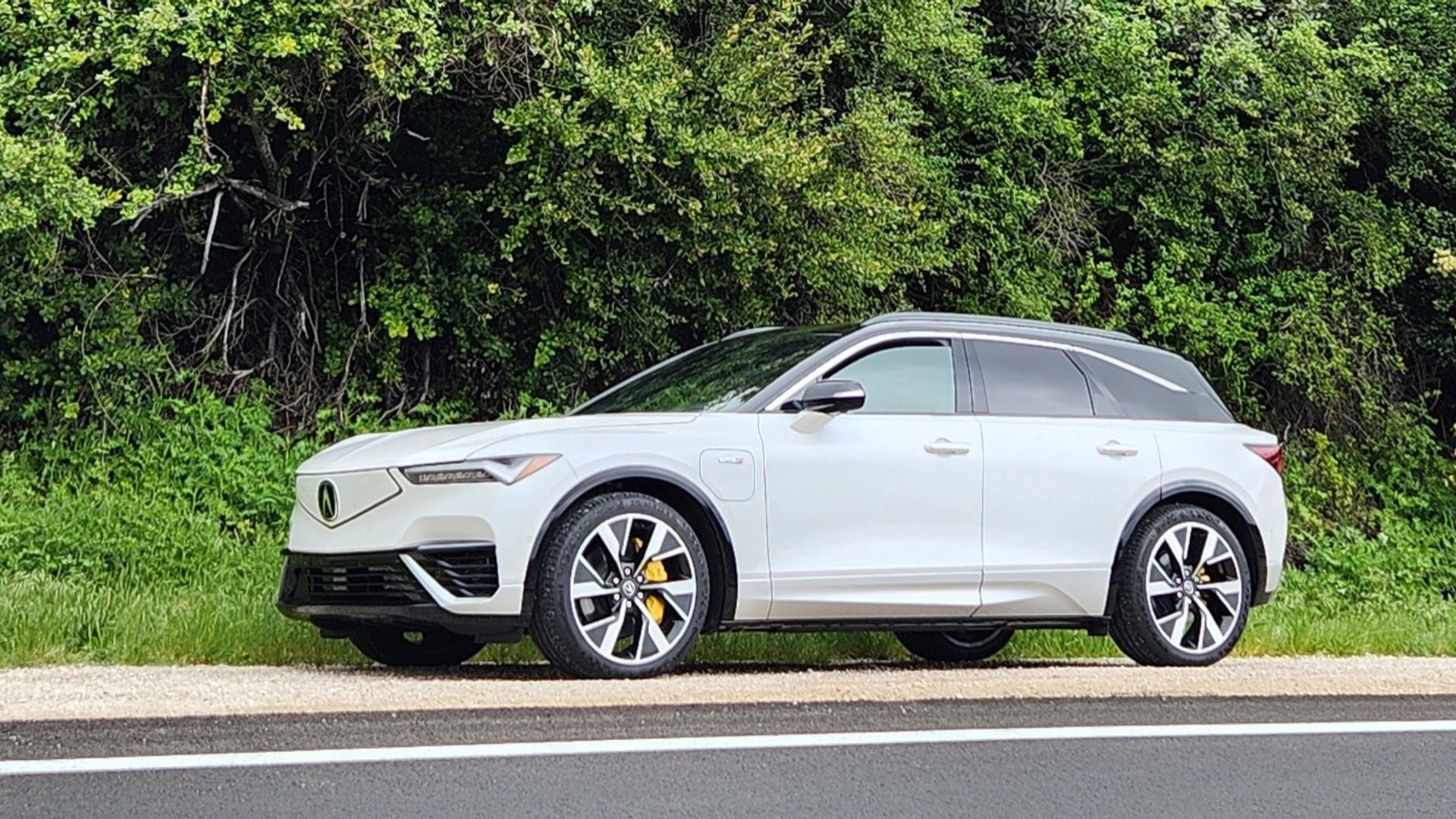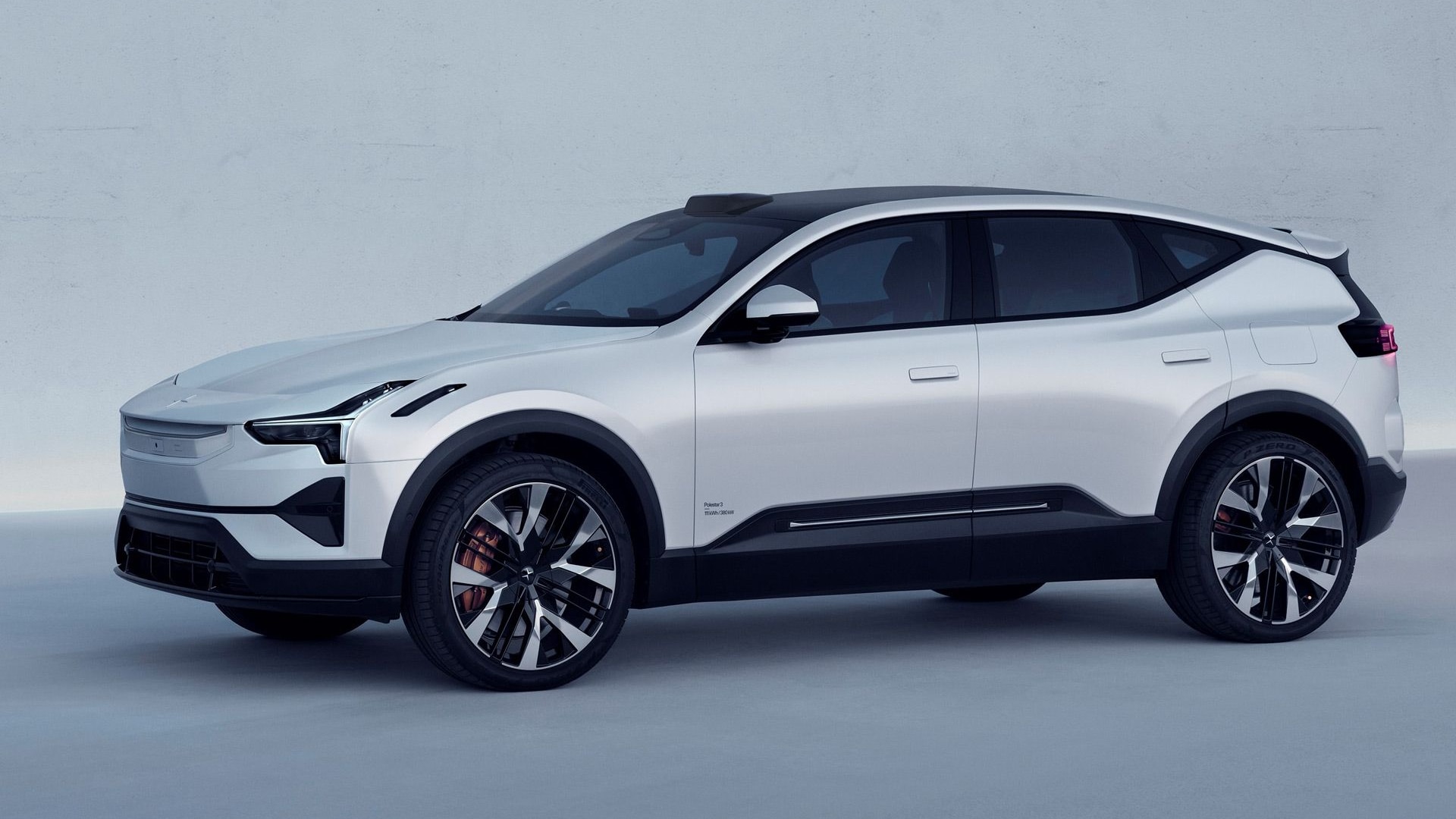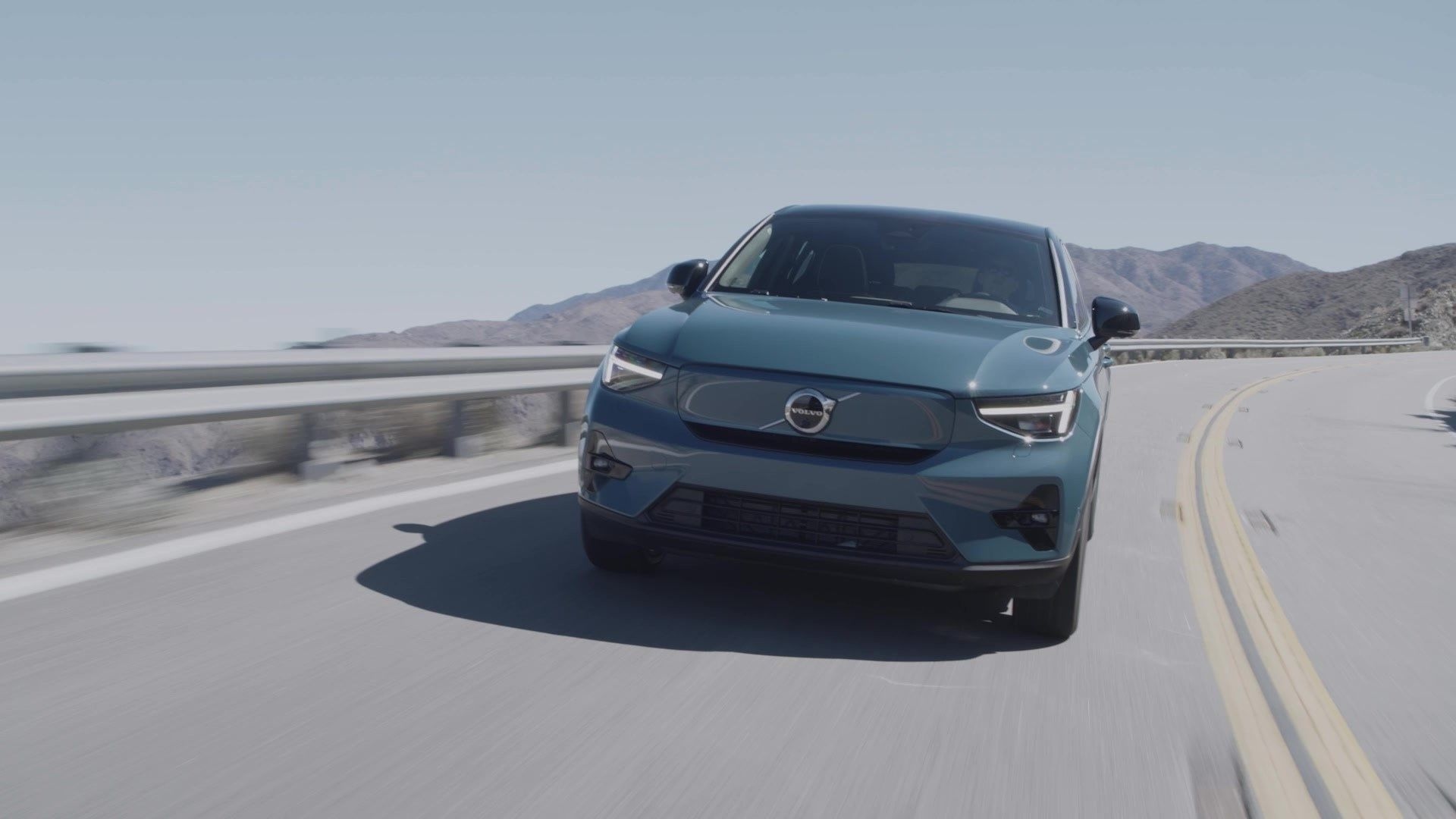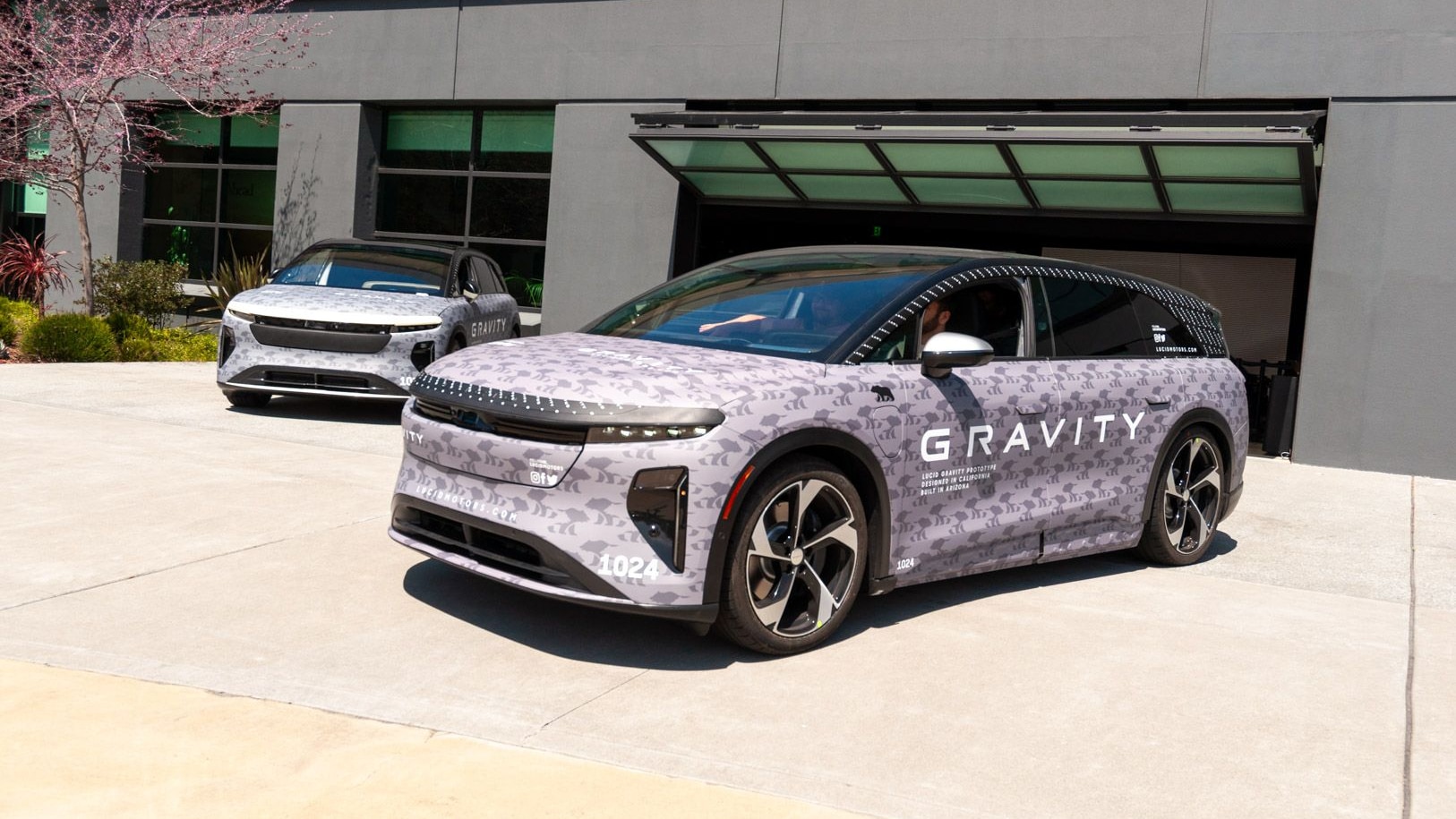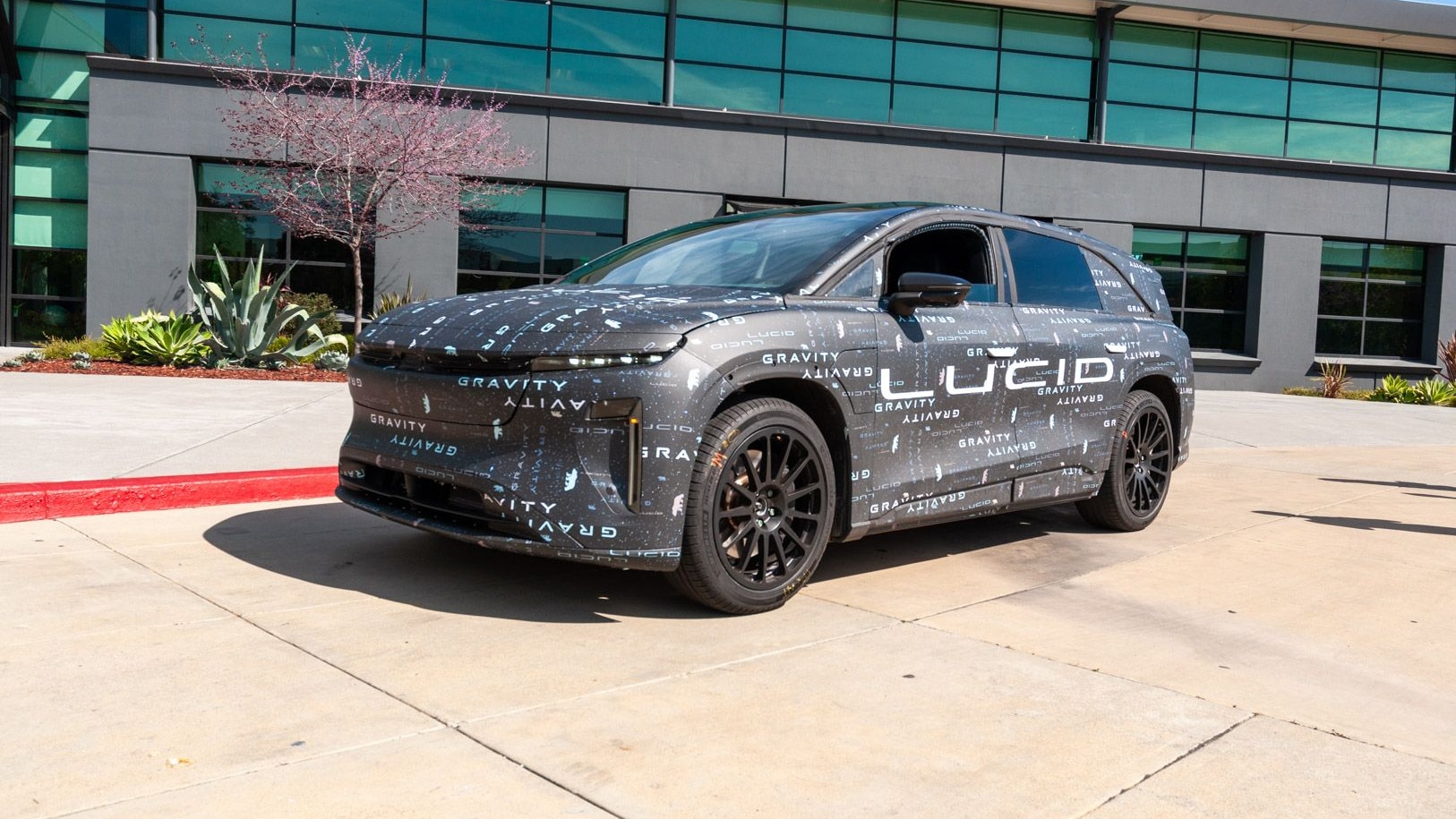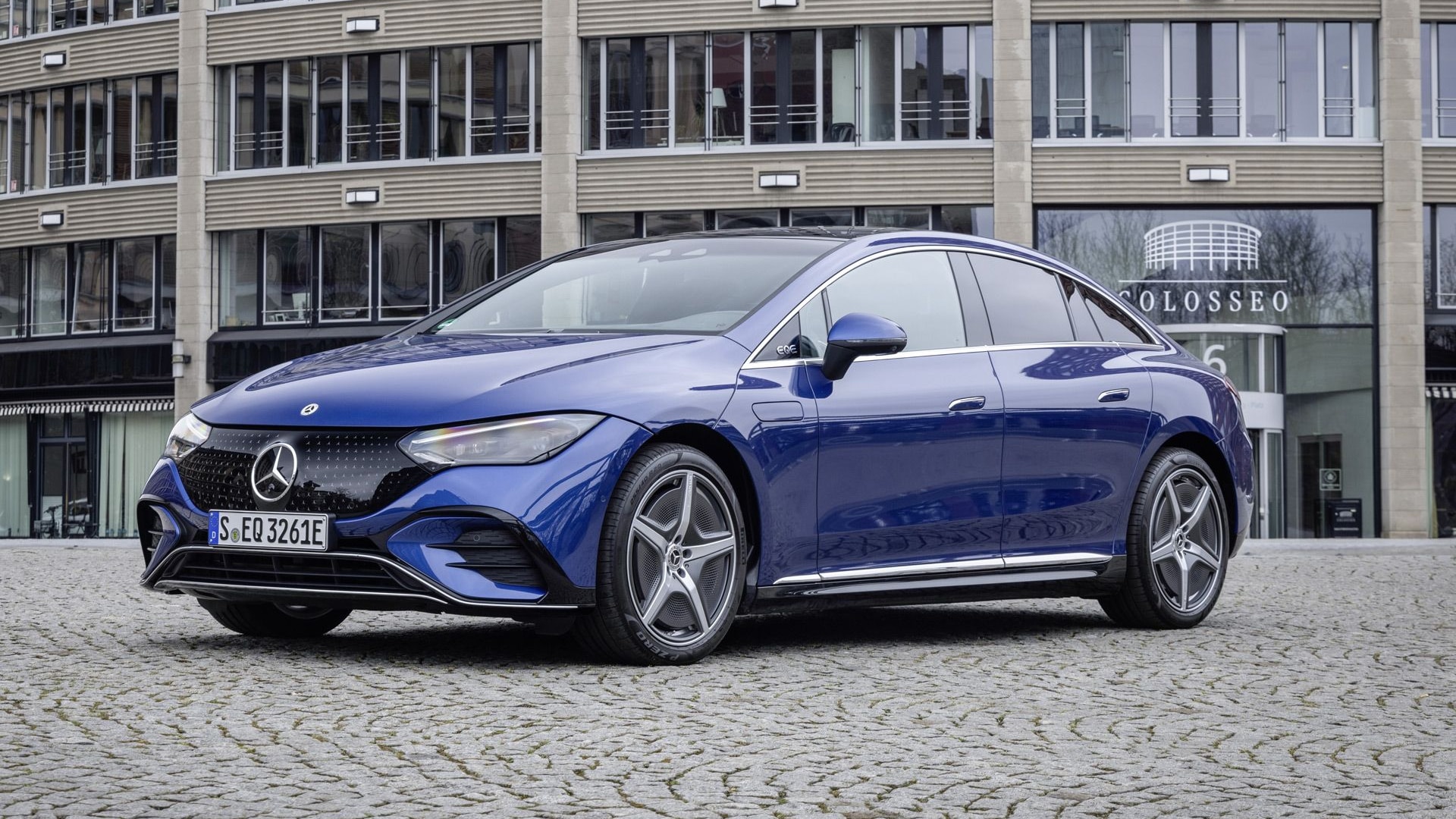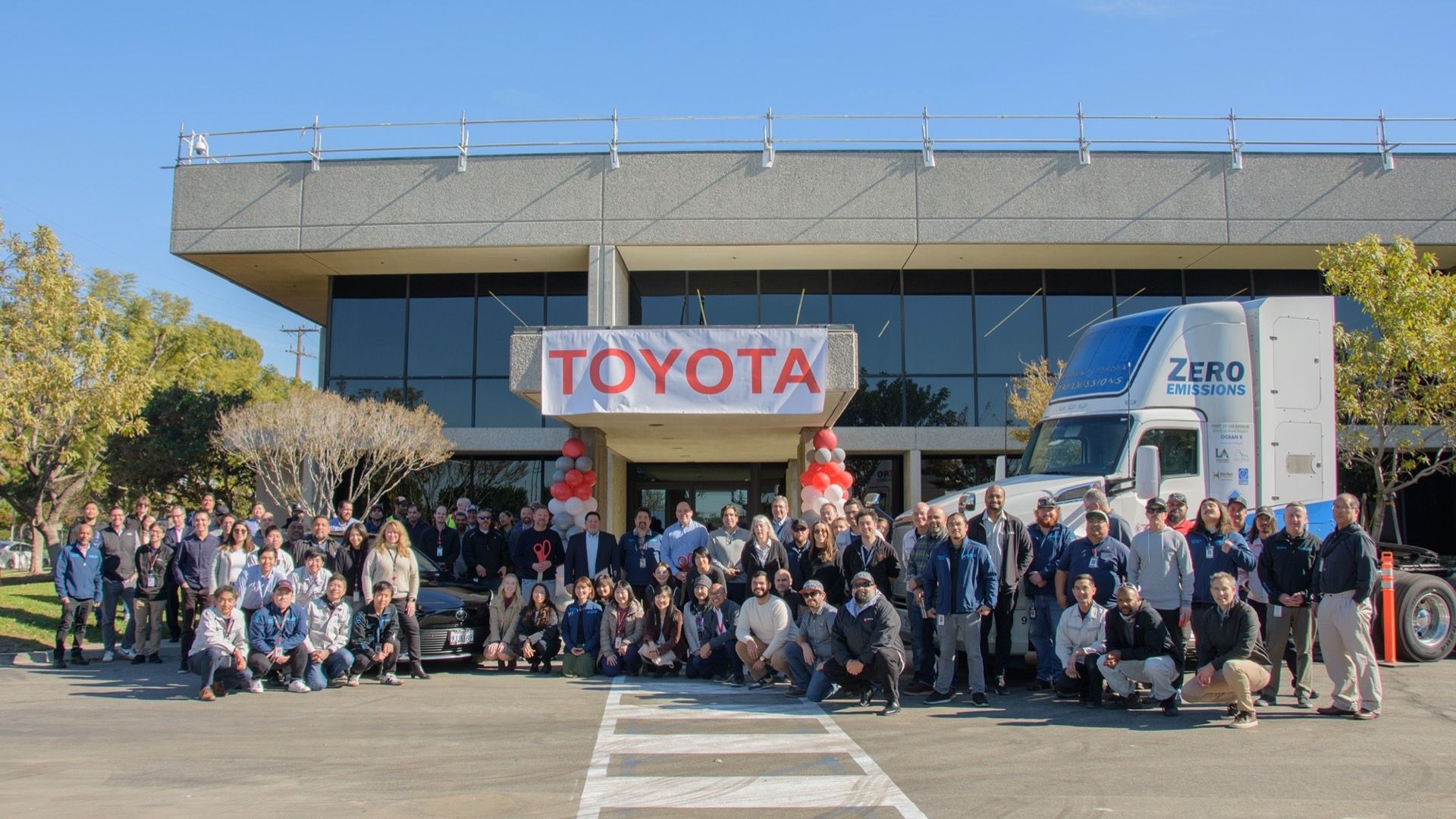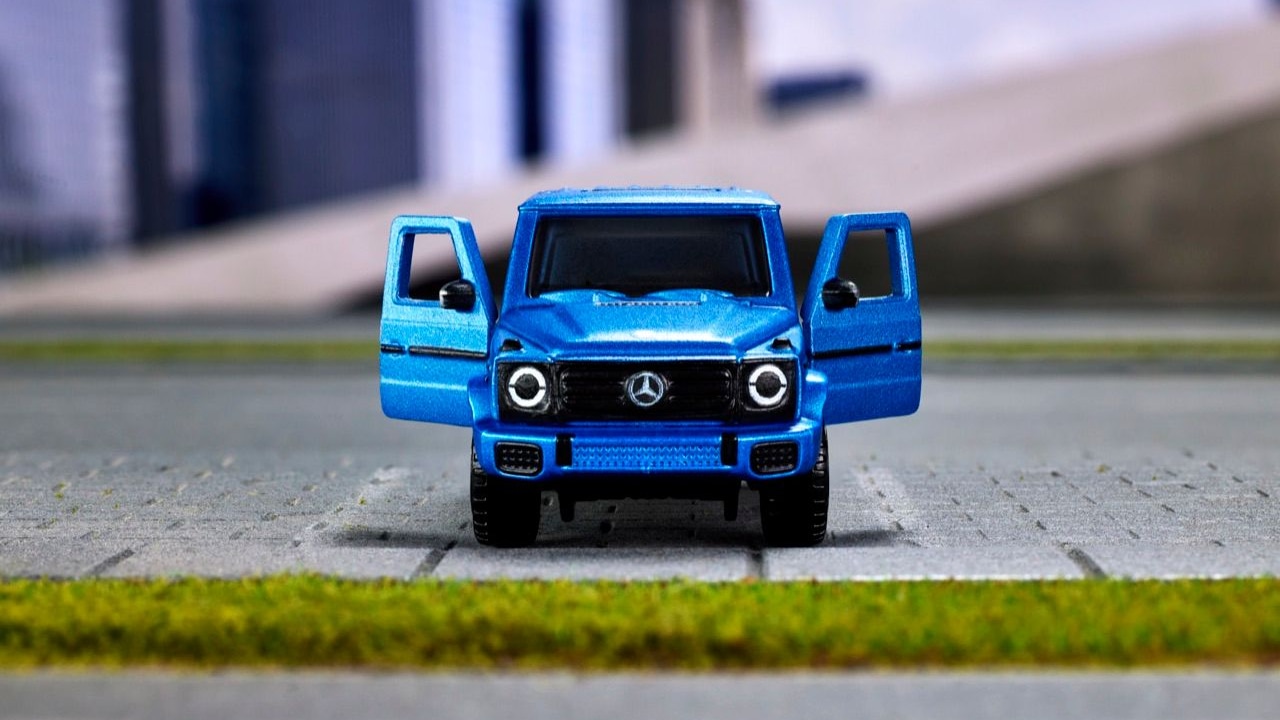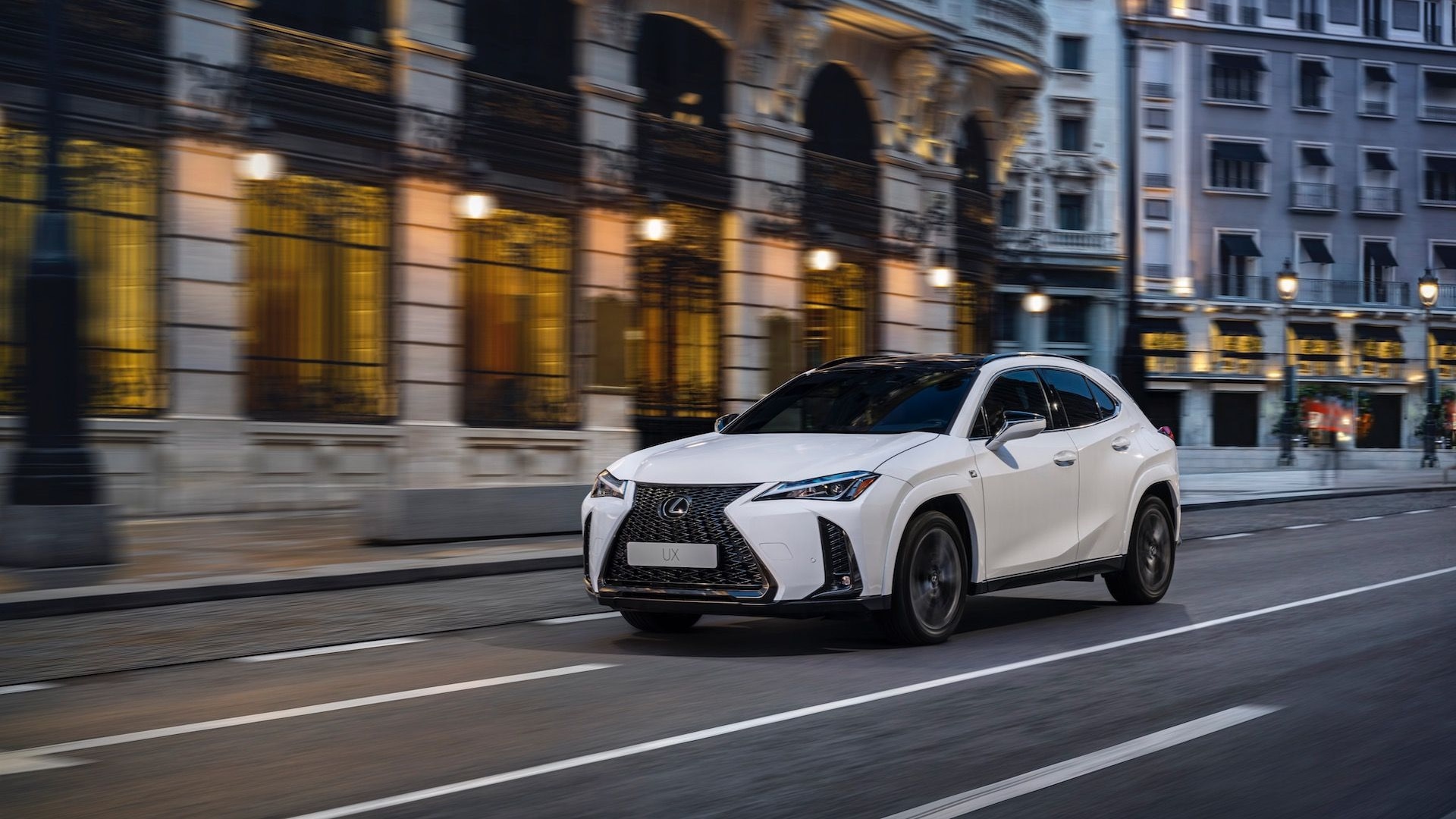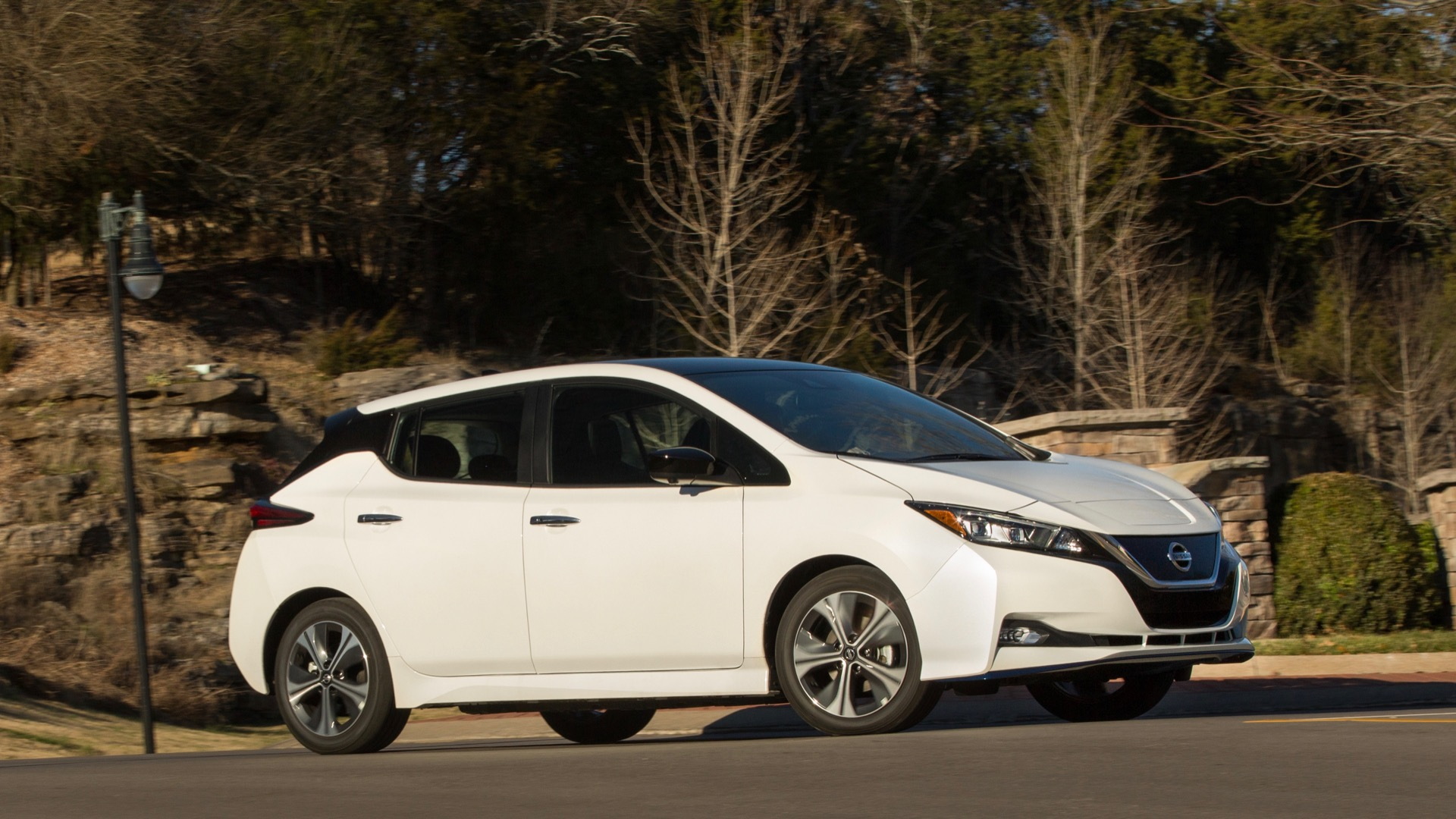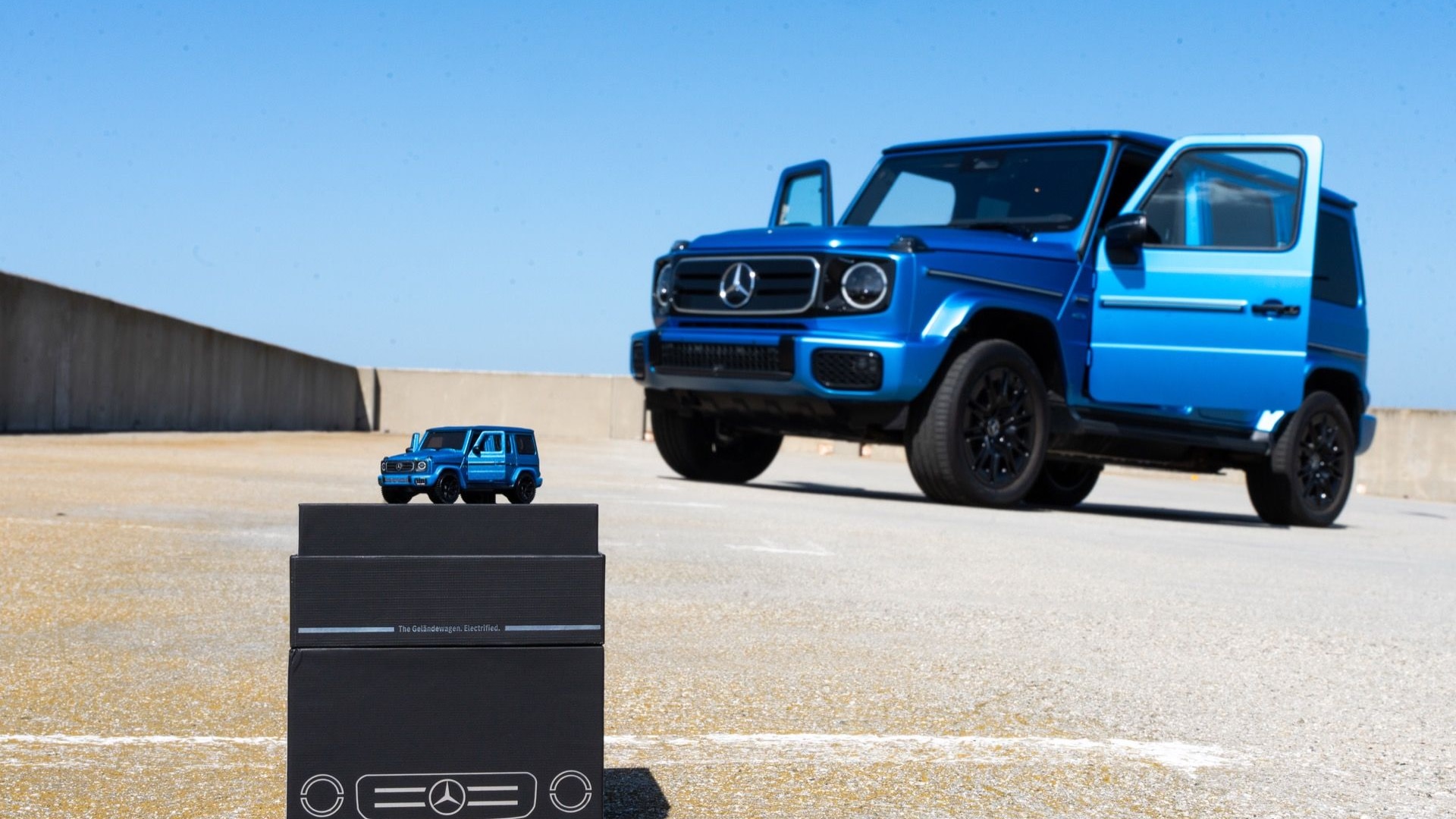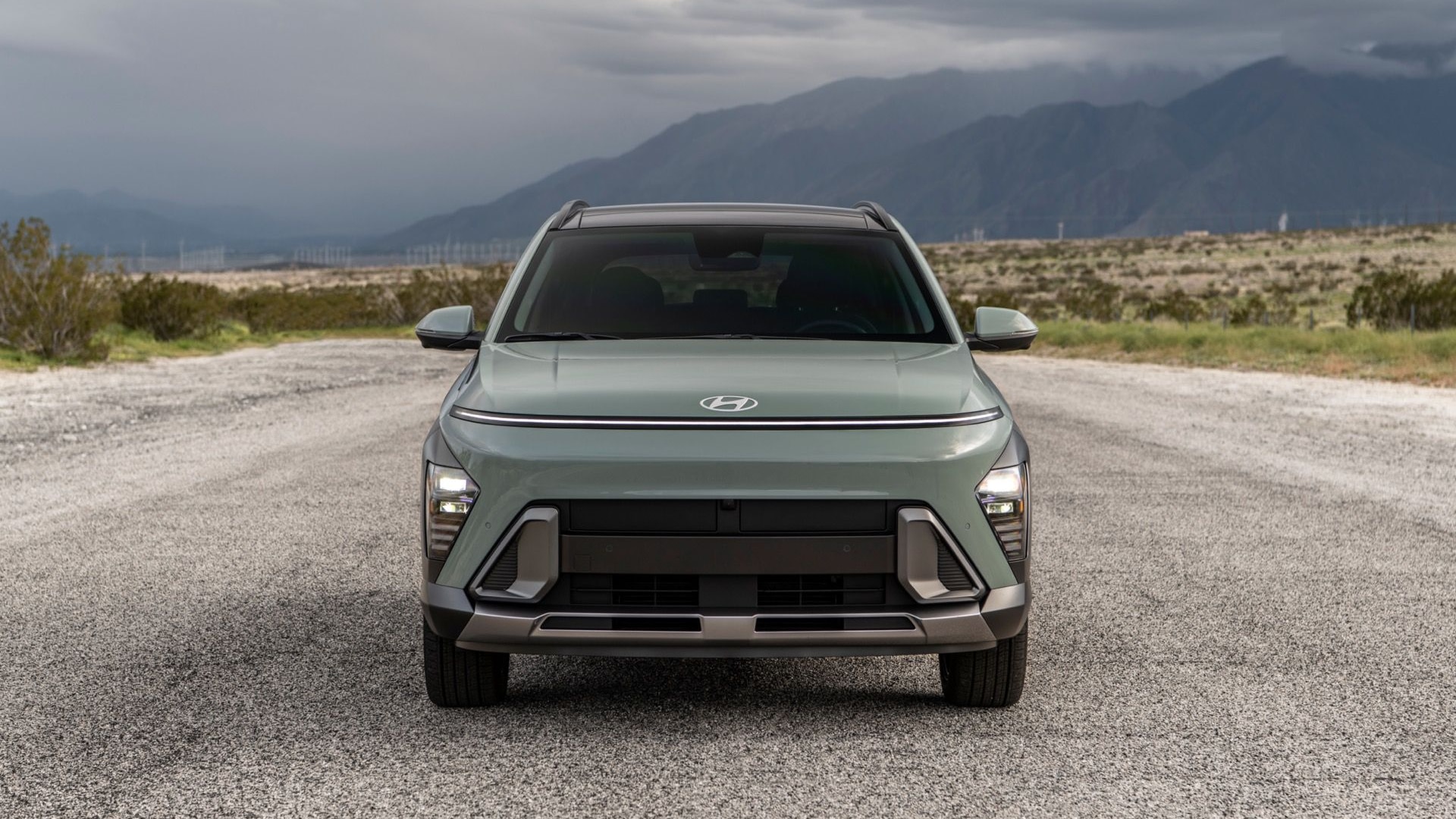Why did some analysts and commentators grumble about Tesla's new, even-faster, even-longer-range 100D models?
And what horrible, awful, dreadful things do carmaker lobbyists say will happen if regulators dare to keep current fuel-economy standards in place?
This is our look back at the Week In Reverse—right here at Green Car Reports—for the week ending on Friday, August 26, 2016.
Friday, we looked at the science of driving, and explained why NASA thinks the Tesla Autopilot is a bad idea.
We also covered a so-called "1,000-MPG" BMW, actually a range-extended electric BMW i3 REx that's now covered 56,000 miles but used just 50 gallons of gasoline.
![2014 BMW i3 REx, scenic New Jersey, Apr 2015 [photo by owner Tom Moloughney] 2014 BMW i3 REx, scenic New Jersey, Apr 2015 [photo by owner Tom Moloughney]](https://images.hgmsites.net/lrg/2014-bmw-i3-rex-scenic-new-jersey-apr-2015-photo-by-owner-tom-moloughney_100541731_l.jpg)
2014 BMW i3 REx, scenic New Jersey, Apr 2015 [photo by owner Tom Moloughney]
On Thursday, we looked at who leads and who lags in electric cars, mostly among existing global automakers.
A survey from the Union of Concerned Scientists rated different companies on their commitment, sales efforts, model array, and other factors—and named names.
We also showed sketches of the next Kia Rio, one of many new cars—including the Opel Ampera-e (nee Bolt EV)—that will debut at the Paris Motor Show at the end of September.
Wednesday, we noted that the EPA denied a request from carmakers to extend the period for comments on the report that launched a mid-term review of CAFE rules that start in 2021.
That could be interpreted to mean that the existing standards through 2025 will stay largely intact, though perhaps with tweaks around the edges.
Automakers have met the rising targets from 2012 through 2017 just fine, we should note.
On Tuesday, Tesla unveiled two new 100D models, using its largest-ever battery pack to provide (again) even faster acceleration and even more range.

Tesla Model S P100D
The reaction was less than ecstatic, however, with a notable number of commentators suggesting Tesla should stick to its Model 3 knitting.
We kicked off the week on Monday by noting that a study by the World Energy suggested that as many as one in six new cars would have to be electric as soon as 2020 to meet carbon-reduction goals.
Another study by carmaker lobbyists, incidentally, predicted all kinds of terrible things if current fuel-economy standards continue. Of course.
Finally, we had a handful of news items on the Volkswagen diesel emission scandal this week.
While official buyback offers won't come just yet for 450,000 owners of VW and Audi 2.0-liter TDI diesels, the process is underway—and one owner shared what it's like.

2014 Audi Q5 TDI, Catskill Mountains, Oct 2013
Unfortunately, the 85,000 owners of Audi, Porsche, and Volkswagen 3.0-liter V-6 diesels won't hear a thing until at least November, and possibly later than that.
And as all this plays out, Volkswagen's customer satisfaction has plummeted. Not a huge surprise there, we have to say.
Those were our main stories this week; we'll see you again next week. Until then, this has been the Green Car Reports Week in Reverse update.
________________________________________________

